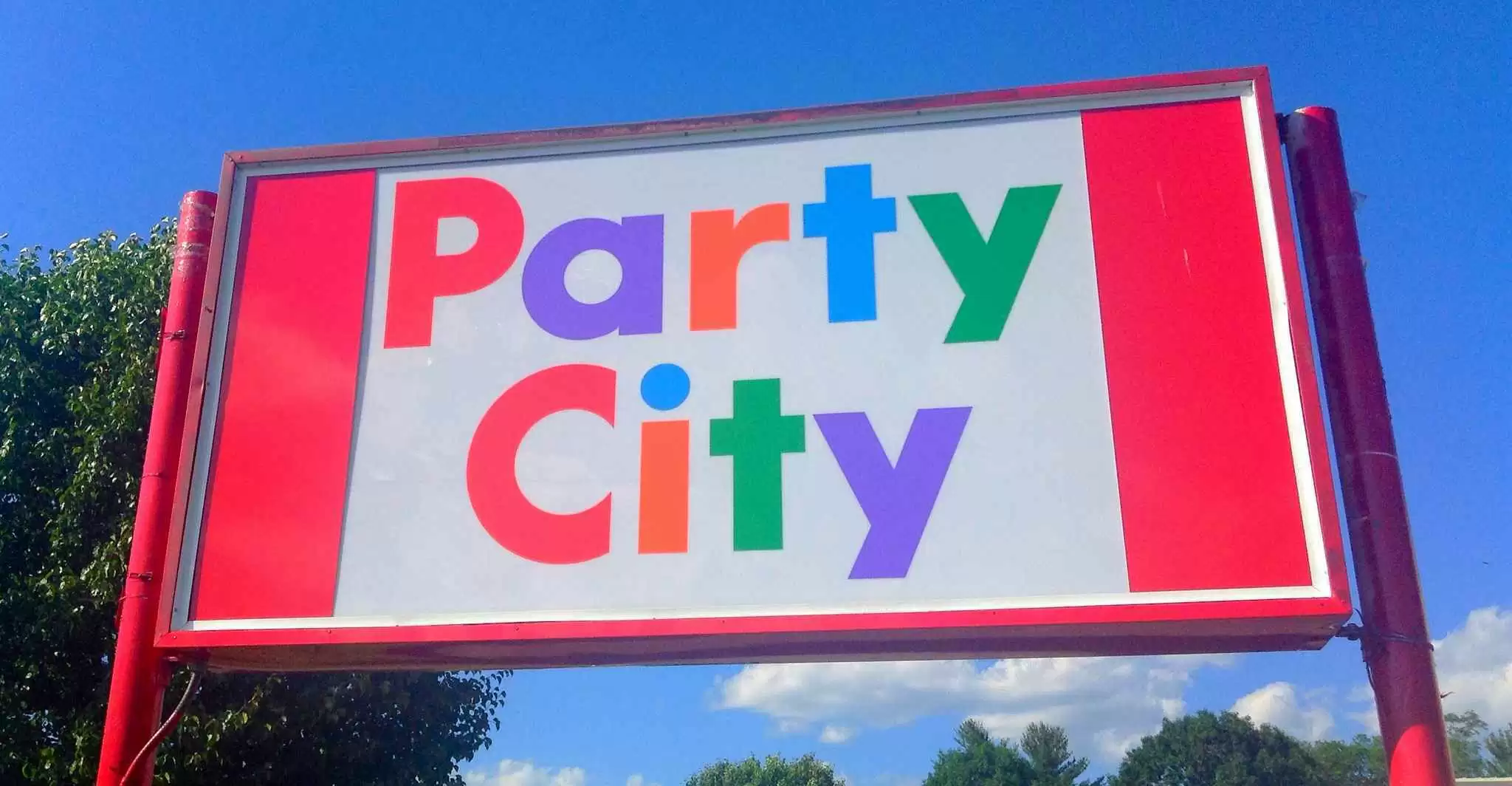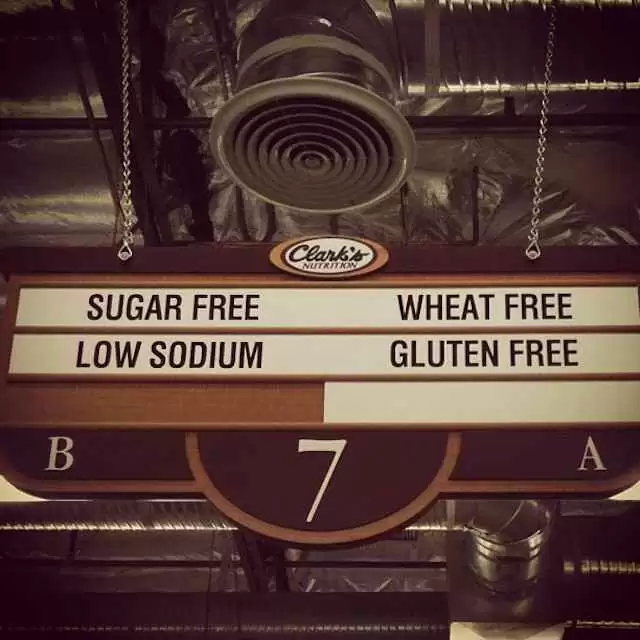
Celiac.com 01/11/2018 - Gluten-free, food allergies and celiac disease have reached the media in the form of jokes and ridicule. This is a serious development because the media influences viewer's day-today reactions to various social situations. In many ways, TV becomes a role model for social interactions. DeVault (1991) says that "an enormous body of science, literature and even humor tells us how a middle-class man and woman might 'do' family life" (p. 16). This is the fundamental reason why the media jabs about gluten-free and food allergies are so impactful. What we see on TV, we emulate in life. If 'doing gluten free' is something to be ridiculed, as with the examples below, then those of us with food allergies need to unite our voices to be heard in public forums to change this practice.
An example of food-allergy ridicule is found in a scene in The Smurfs 2 when the unctuous "Corndog King" presents every child at a birthday party with a corn-dog. A concerned parent asks if the corn-dogs contain peanuts, and he says, "No, I would never use peanuts." Meanwhile, a little boy is shown eating the corn-dog just as the Corndog King recalls that they are fried in peanut oil. The parents rush to the little boy urging him to spit it out. Here is the snippet:
Celiac.com Sponsor (A12):
As much as I love Frankie and Grace, the game that the siblings played in Season 3, Episode 1, called "Bud's Super Needy Girlfriend Game" is offensive. It shows them eavesdropping as Allison, Bud's girlfriend, talks about her allergies to a stranger at the art show. With each statement Allison makes, such as, "it is easier to tell you what I am not allergic to," the group takes a shot of liquor. Allison says, "and that's when I realized I have celiac disease" and the siblings laugh and take another shot. This goes on for several rounds. The siblings ridicule Allison's allergies and maladies in a very uncompassionate way, setting an example for viewers on how to respond when there is a person in the crowd who has allergies. In another episode, when Allison faints, the reaction from the siblings is, "…she always has to be the center of attention. She conjures up some kind of illness. But there's a name for it, 'Fictitious disorder.'" (For a transcript of this and similar scenes, please check out: http://thewalkingallergy.com/2017/08/grace-and-frankie-i-bet-allison-has-mcas/). These responses to Allison's physical malaise are callous and may encourage copycat behavior in real life situations.
Humans are easily influenced, starting from infancy when they imitate their parents (McCall, Parke & Kavanaugh, 1977) and continue to be guided by what they view in the media, especially on TV. Ramasubramanian (2010) conducted a study to discover how stereotypes of laziness and criminality changed as a result of reflecting on TV depictions of racial/ethnic groups by white viewers (p. 109) and concludes that the ways these scenes influence opinions and attitudes is worrisome (p. 106), perpetuating stereotypes and prejudice. A study conducted by Tan and Kinner (1982) found that interracial children who watched a TV program showing cooperative, positive behavior, yielded "pro-social" (p. 654) social interactions, when compared with a control group. The impact of what is viewed on TV and how it translates to social (or anti-social behavior) has been validated. Humans imitate what they see. Similar to how racial stereotyping is reinforced by the media, so are people with food allergies who become the butt of jokes. The media is teaching unacceptable social norms disguised as humor.
Disney's episode of Quitting Cold Koala (edited out after parents complained, but still on YouTube in a home-video snippet) shows the character named Stuart (who has a "five page list of dietary problems" according to his nanny) sitting at the breakfast table with other children. He is a cute little boy who wears glasses cocked awkwardly on his nose. He told the cook that he couldn't eat pancakes that contained gluten only to be attacked by other children throwing gluten-containing pancakes in his face! Here it is on:
How do scenes like the three examples above translate into our everyday social interactions? Does the waiter who watches a scene on a sit-com ridiculing someone with food allergies doubt the customer the next day as she orders a gluten-free meal? Does the waiter play a derivation of the "Needy Game" seen on Frankie and Grace and have a shot of liquor in the back room with his waiter-buddies for every customer that orders a special meal? Ridicule in the media completely undermines the severity of celiac disease, and other food-related illnesses.
I experienced a situation the may have been influenced by commercial programming recently while ordering at a restaurant. I special-ordered my salad, deliberately sitting on the end of the table and explaining to the waiter that I needed to ensure it was gluten and dairy free. I spoke quietly, but since there were only two others at the table, unfortunately the conversation stopped during ordering and the others heard me. The waiter rolled his eyes when I gave him my order, and moved on to the next person who said, "I'll take the salad 'regular' with all the fixings" in a kind of a sarcastic way that belittled my order. My dinner was spoiled because I was irked with my dinner companion, and because I was skeptical of the food I was served. This kind of slight happens all the time, and is likely because of the role models depicted on TV and other media that portrays that it is it socially acceptable to mock the person with special needs.
It is hard to understand why food sensitivities trigger so much negativity. If someone says they have heart disease, they are taken seriously. Other autoimmune diseases such as rheumatoid arthritis, lupus, Hashimotos, and diabetes are met with seriousness, but gluten-sensitivities seem to be a charged 'trigger' reaction, that I believe has been perpetuated by the media. People ordering in a restaurant seem to be challenged by the waiter – scrutinized whether it is an 'allergy,' 'autoimmune response' or 'fad diet.' When did waiters have the prerogative to make that kind of decision? Where did this 'right' come from? I believe the media has perpetuated these attitudes.
Nobody with special needs should endure scrutiny or ridicule. I'm frankly glad for the publicity gluten has received because it has enhanced awareness, but I am discouraged about how the media seems to think celiac disease, gluten intolerance and food allergies are a joke. Here is our call to action: When we see something offensive in the media ridiculing food allergies, we need to say something in a public forum to bring attention to this unacceptable portrayal of people with food sensitivities. Please post on social media, or on Celiac.com to create a buzz that this type of ridicule/humor is unacceptable. Perhaps by doing this, we can influence positive changes.
And on another subject… the winners from the survey.
A couple of months ago, a survey studying the impact of food sensitivities on adults living together offered a $25 gift card to Amazon to four lucky winners. Those are: Morgan, Angela, David and Tricia. (Winners have been notified and gift cards were sent via email.) Congratulations! And thank you for your participation in the study.
References
- DeVault, M. L. (1991). Feeding the family: The social organization of caring as gendered work. Chicago, IL: University of Chicago Press.
- Huesmann, L. R., & Taylor, L. D. (2006). The role of media violence in violent behavior. Annual Rev. of Public Health (27), 393-415.
- McCall, R. B., Parke, R. D., Kavanaugh, R. D., Engstrom, R., Russell, J, and Wycoff, E. (1977). Imitation of live and televised models by children one to three years of age. Monographs of the Society for Research in Child Development 42(5), 1-94.
- Tan, A. S., Kinner, D. (1982). TV role models and anticipated social interaction. Journalism Quarterly 59(4), 654-656.












Recommended Comments
Create an account or sign in to comment
You need to be a member in order to leave a comment
Create an account
Sign up for a new account in our community. It's easy!
Register a new accountSign in
Already have an account? Sign in here.
Sign In Now